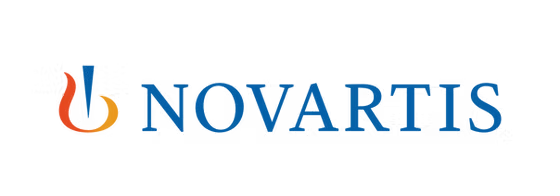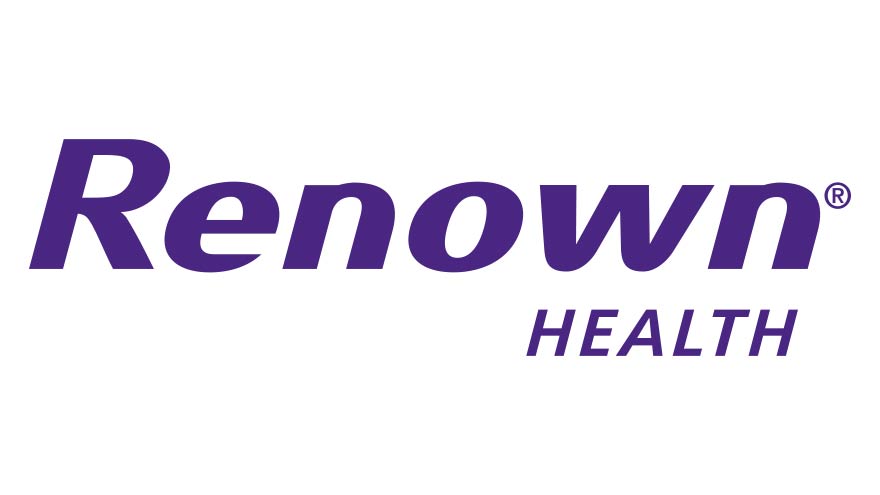
21 Oct 2024
The job interview process is a powerful tool for recruiters and hiring managers to find the right candidate for a role. Interviews allow companies to directly assess a person’s skills, experience, and personality. To make the most of this process, it’s important for organizations to improve and refine their interview methods continuously.
This guide will help you understand the job interview process, its timeline, and provide tips on how to improve it.
What Does the Job Interview Process Look Like?
The job interview process is a structured series of steps to evaluate the candidate thoroughly. It often includes phone screenings, one or more in-person interviews, and skills assessments. Each company’s process will vary depending on the role and industry, but the goal remains the same: to identify the best candidate for the position.
9 Key Steps of the Job Interview Process
Here’s a breakdown of a complete job interview process. While not every company will use every step for every job, this list provides a comprehensive guide for recruiters to consider.
1. Initial Screening
The screening interview is the first point of contact with a candidate, typically to check if they meet the basic job requirements. Common questions include:
- Can you describe your previous work experience?
- Why are you interested in this role?
- What are your salary expectations?
These interviews are usually short, often conducted over the phone.
2. Skills Assessment
For roles requiring specific skills, a skills test may follow the initial interview. This test can include:
- Technical challenges
- Work samples
- Problem-solving exercises
The purpose is to evaluate the candidate’s practical abilities and determine if their skills match the job requirements.
3. First Formal Interview
In this stage, shortlisted candidates meet the hiring manager for an in-depth conversation. Questions often focus on experience, career goals, and problem-solving skills. This helps determine if the candidate is a good match for the company and the role.
4. Competency Assessment
At this point, the focus is on the candidate’s core competencies, such as teamwork, leadership, and problem-solving. Personality tests, situational exercises, and project assignments are common methods to measure these competencies.
5. Second or Third Interview
If needed, candidates may be invited back for more interviews. These additional interviews help the employer assess the candidate's fit with the team or handle final decision-making for high-stakes positions.
6. Team or Social Interaction
Candidates who advance further may be invited to a team lunch or a casual meeting. This step helps the team see how the candidate fits into the company culture and interacts with others in a relaxed setting.
7. Final Interview
This is a last, short interview for both sides to clarify any final details and confirm mutual interest. It also allows the candidate to ask any final questions before the hiring decision is made.
8. Background Check
Before making a job offer, many companies run background checks. These can include verifying previous employment, checking criminal records, or reviewing financial history, especially for high-responsibility roles.
9. Job Offer
Once the background check is cleared, the company extends an official job offer. Compensation, benefits, and other terms of the offer are typically discussed at this point.
Common Challenges in the Interview Process
Interview processes are not always smooth, and recruiters often face challenges. Some of the most common issues include:
- Unconscious Bias: This can affect how candidates are evaluated. To minimize bias, use standardized questions and diverse interview panels.
- Inconsistent Evaluation: If interviewers aren’t using the same criteria, candidates may be judged unfairly. Use a standardized scoring system to solve this issue.
- Negative Candidate Experience: If the interview process is disorganized, candidates may lose interest. Ensure that the process is structured and professional to create a positive experience.
How to Improve Your Job Interview Process
- Use Structured Interviews: Having a clear, standardized format helps ensure all candidates are evaluated equally.
- Set Clear Expectations: Communicate with candidates about what to expect during the interview process, including timelines and required materials.
- Give Constructive Feedback: Whether the candidate is successful or not, offering feedback can improve your employer brand and help candidates improve.
- Refine Your Process Over Time: Collect feedback from candidates and hiring managers to continuously improve your interview process.
By following these steps, recruiters can ensure a fair, efficient, and effective job interview process that benefits both the company and the candidates.











Comments (0)